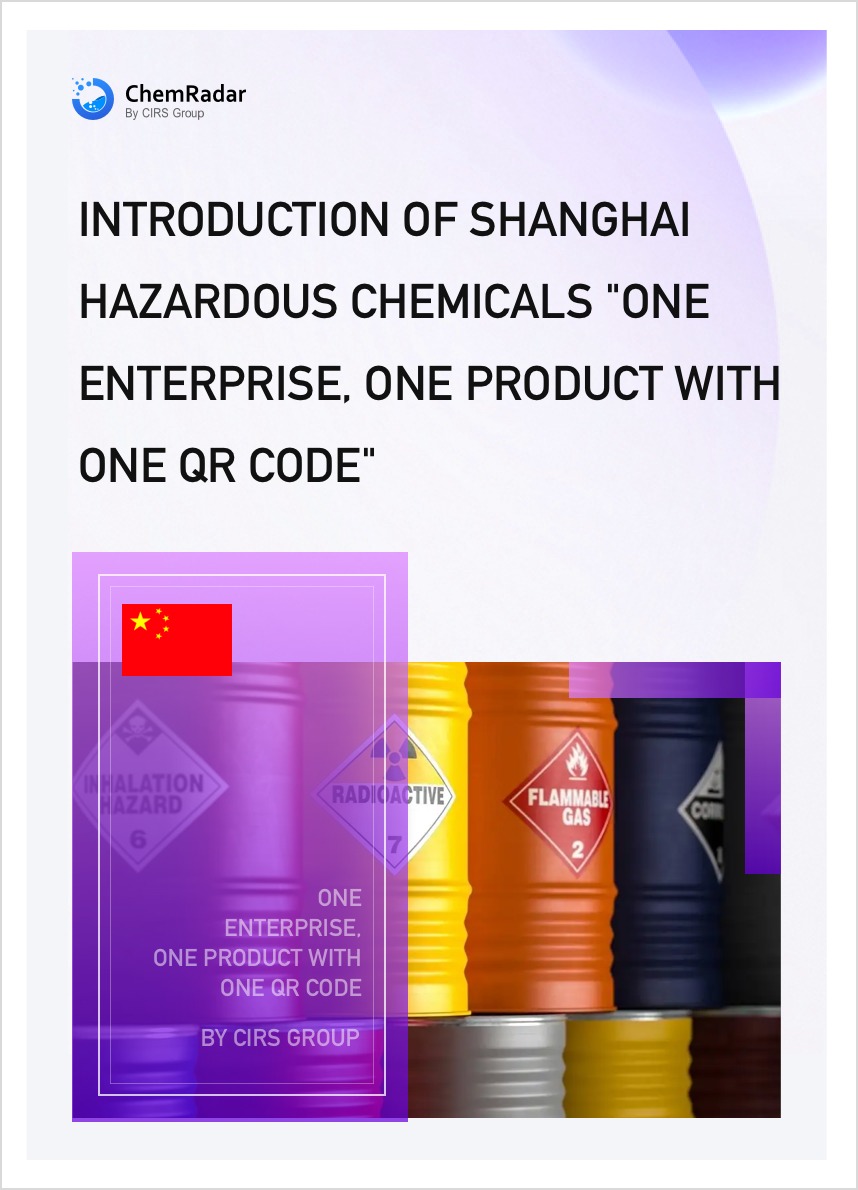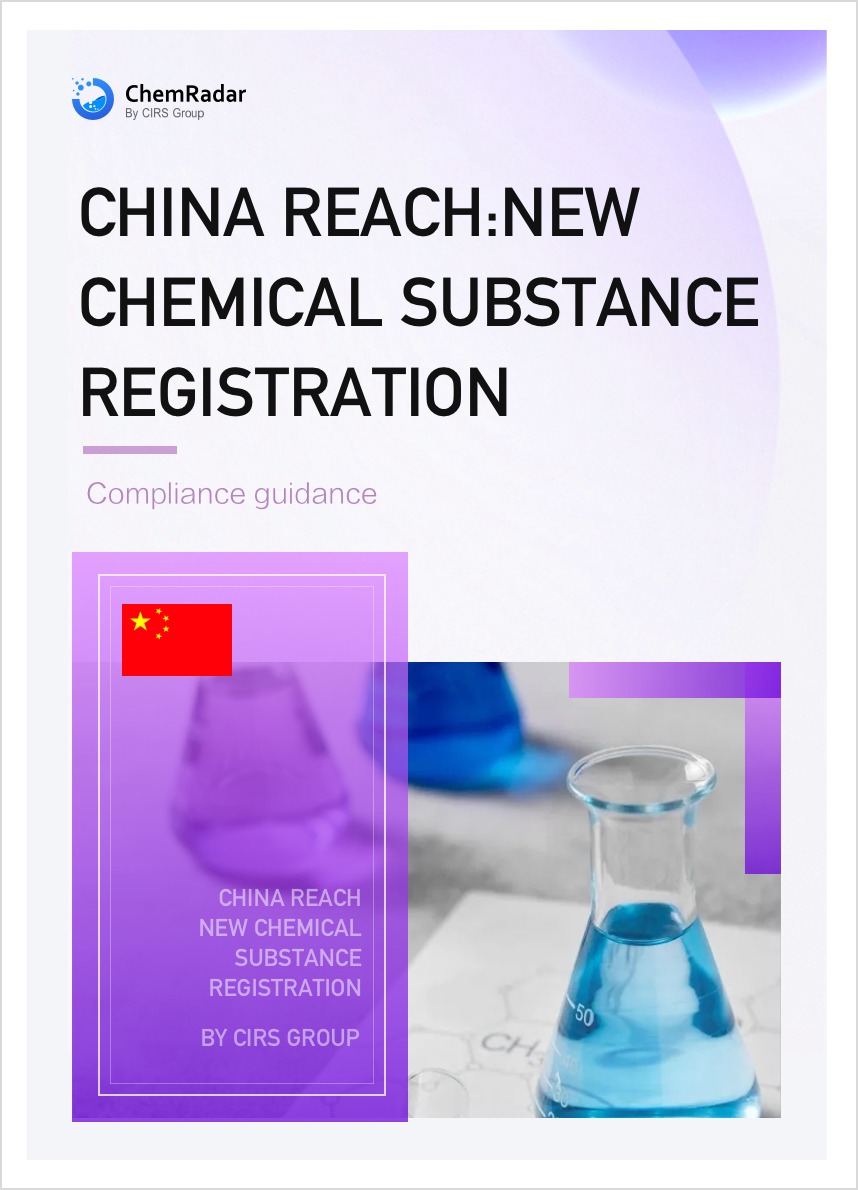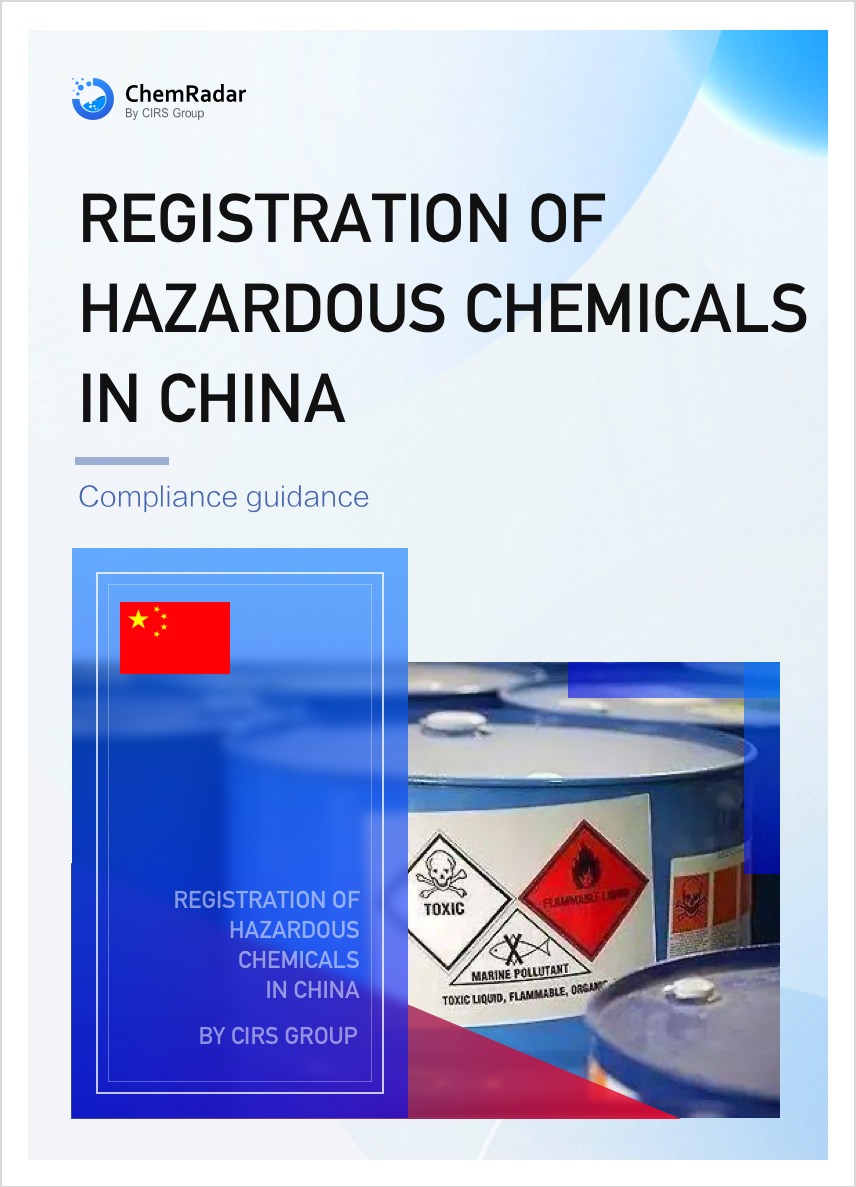On August 5, 2024, the Ministry of Public Security and five other departments jointly issued a notice regarding the addition of seven substances, including N-phenylpiperidin-4-amine, into the Regulation on the Administration of Precursor Chemicals (henceforth managed as precursor chemicals). The specific substances include N-phenylpiperidin-4-amine, 1-N-Boc-4-(Phenylamino)piperidine,Norfentanyl, Cannabidiol, BMK glycidic acid and its esters, 3-oxo-2-phenylbutanoic acid and its esters, and PMK glycidic acid esters.
The specific administration measures, effective from September 1, 2024, are as follows:
1. Administration of N-phenylpiperidin-4-amine,1-N-Boc-4-(Phenylamino)piperidine and Norfentanyl
- N-phenylpiperidin-4-amine, commonly referred to as 4-AP, has a CAS number of 23056-29-3 and a customs code of 2933399073.
- 1-N-Boc-4-(Phenylamino)piperidine, abbreviated as 1-boc-4-AP, has a CAS number of 125541-22-2 and a customs code of 2933399073.
- Norfentanyl, colloquially as Desphenethylfentanyl, has a CAS number of 1609-66-1 and a customs code of 2933399073.
These three substances are administrated under Category II of the precursor chemicals in the Regulation. Their production, operation, purchase, transportation, and import/export activities are subject to the relevant provisions for non-pharmaceutical precursor chemicals.
2. Administration of Cannabidiol
- Cannabidiol, abbreviated as CBD, has a CAS number of 13956-29-1 and a customs code of 2907299020.Administrated under Category II of the precursor chemicals in the Regulation, with production, operation, purchase, transport, and import/export activities following the provisions for non-pharmaceutical precursor chemicals. Preclinical research of CBD for medical purposes must also comply with Article 10 of the Regulation on the Administration of Narcotic Drugs and Psychotropic Drugs.
3. Administration of BMK glycidic acid and its esters,3-oxo-2-phenylbutanoic acid and its esters, and PMK glycidic acid esters
- BMK glycidic acid, has a CAS number of 25547-51-7 and a customs code of 2918990042. The esters of BMK glycidic acid, which are compounds formed by the reaction of BMK glycidic acid with various alcohols, are known in English as BMK glycidic acid esters and share the same customs code of 2918990042.
- 3-oxo-2-phenylbutanoic acid, has a CAS number of 4433-88-9 and a customs code of 2918300021. The esters of 3-oxo-2-phenylbutanoic acid, which are compounds formed by the reaction of 3-oxo-2-phenylbutanoic acid with various alcohols, are known in English as 3-oxo-2-phenylbutanoic acid esters and share the same customs code of 2918300021. The methyl 3-Oxo-2-phenylbutanoate (CAS number 16648-44-5) is controlled according to the existing catalog under the Classification and Catalogue of Precursor Chemicals.
- PMK glycidic acid esters, which are compounds formed by the reaction of PMK glycidic acid (a Category II precursor chemical) with various alcohols, with a customs code of 2932999093. The methyl PMK glycidic acid (CAS number 13605-48-6) is controlled according to the existing catalog under the Classification and Catalogue of Precursor Chemicals.
These three substances are administrated under Category II of the precursor chemicals in the Regulation. Their production, operation, purchase, transportation, and import/export activities are subject to the relevant provisions for non-pharmaceutical precursor chemicals.
ChemRadar has updated the latest version of Catalog of Precursor Chemicals in China, which can be freely accessed through the following website:




